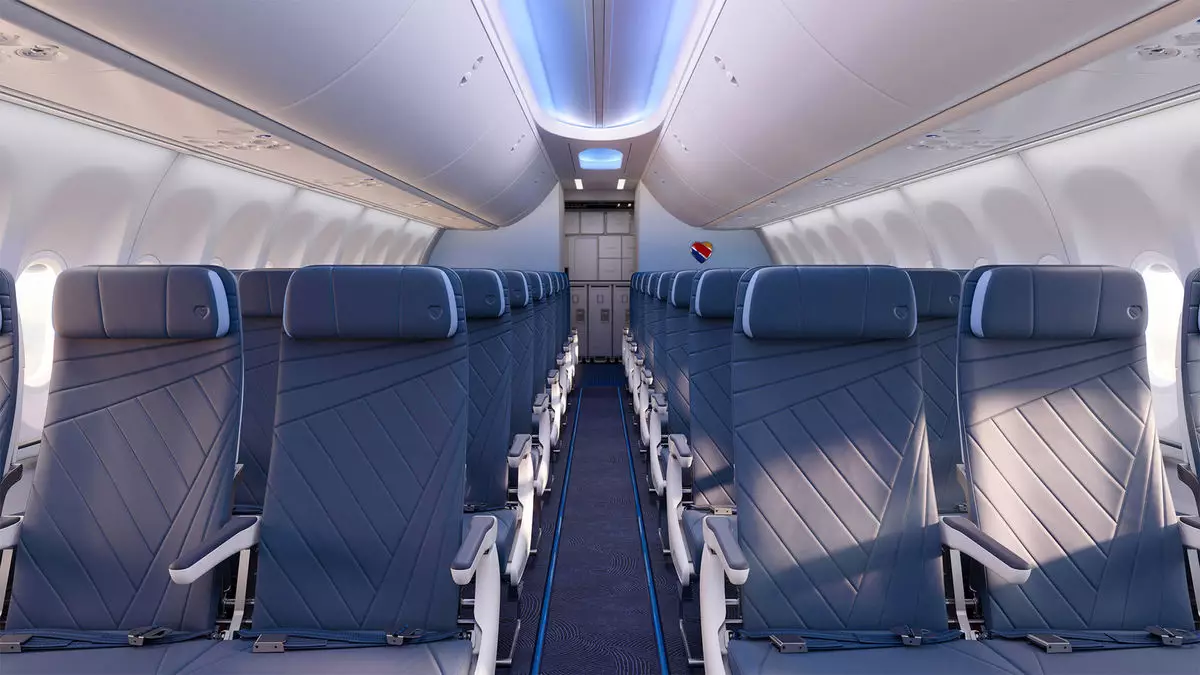Southwest Airlines, known for its open-seating policy, is set to undergo a major transformation in 2025. The airline will be introducing assigned seating, a departure from its traditional boarding process. This change is part of a broader strategy that includes redesigning cabins to offer extra-legroom seats. Southwest aims to make approximately one-third of all seats premium legroom options, catering to customers who seek a more comfortable and personalized flying experience.
CEO Bob Jordan emphasized the significance of these changes, describing them as “transformational” for the company. While the open-seating model has been a hallmark of Southwest since its inception, extensive research and customer feedback have prompted the decision to shift towards assigned seating. This strategic shift is aligned with the evolving preferences of travelers, with a majority expressing a preference for an assigned seat over open seating.
Southwest’s decision to implement assigned seating and offer premium legroom options comes amidst financial underperformance compared to its rivals, particularly United and Delta. A consumer trend towards premium seating post-pandemic has impacted Southwest’s financial performance, prompting the need for strategic changes. Additionally, pressure from activist investors, including Elliott Management, has influenced the airline’s decision-making process, leading to a reevaluation of its commercial strategies.
In addition to the seat assignment overhaul, Southwest Airlines announced plans to introduce red-eye flights beginning on Valentine’s Day in 2025. The initial routes include popular destinations such as Las Vegas, Orlando, Los Angeles, and Baltimore. This expansion into overnight flying represents a significant shift in the airline’s operational model, as Southwest aims to operate on a 24-hour basis. By optimizing turn-times and adding red-eye flights, Southwest expects to maximize its capacity without requiring additional investments in aircraft.
To support its transformation initiatives, Southwest has appointed Ryan Green as the executive vice president of transformation. Green, who previously served as the carrier’s chief commercial officer, will play a key role in driving the implementation of new commercial strategies and enhancing the overall customer experience. With a focus on innovation and customer-centric solutions, Southwest is poised to redefine the travel experience for its existing and future customers.
Southwest Airlines’ decision to introduce assigned seating and premium legroom options marks a pivotal moment in the company’s history. By embracing change and responding to evolving customer preferences, Southwest is positioning itself for sustained growth and competitiveness in the airline industry. The shift towards assigned seating, coupled with strategic operational enhancements, reflects a commitment to excellence and customer satisfaction. As Southwest embarks on this journey of transformation, the airline is poised to deliver a unique and unparalleled travel experience for passengers worldwide.

